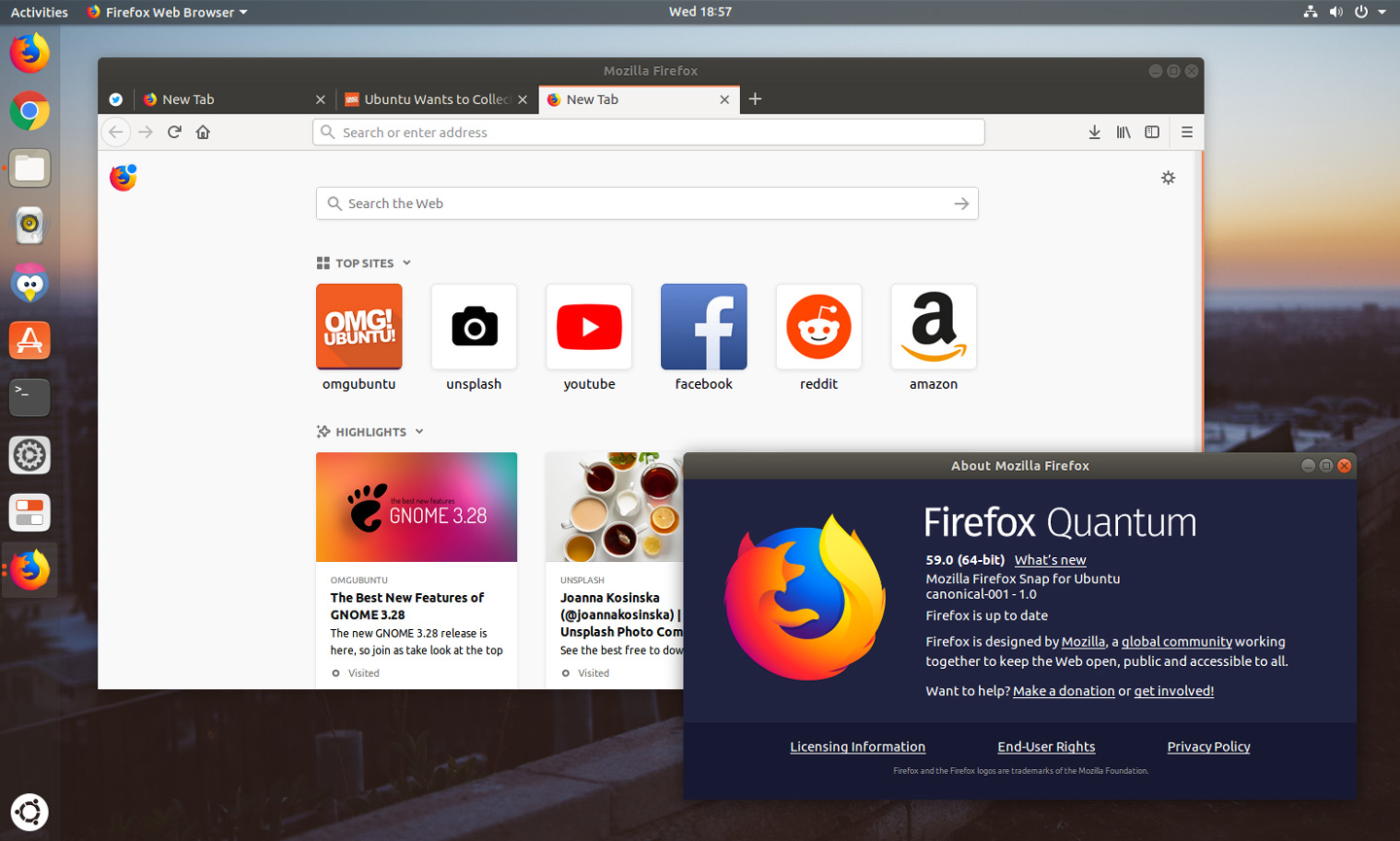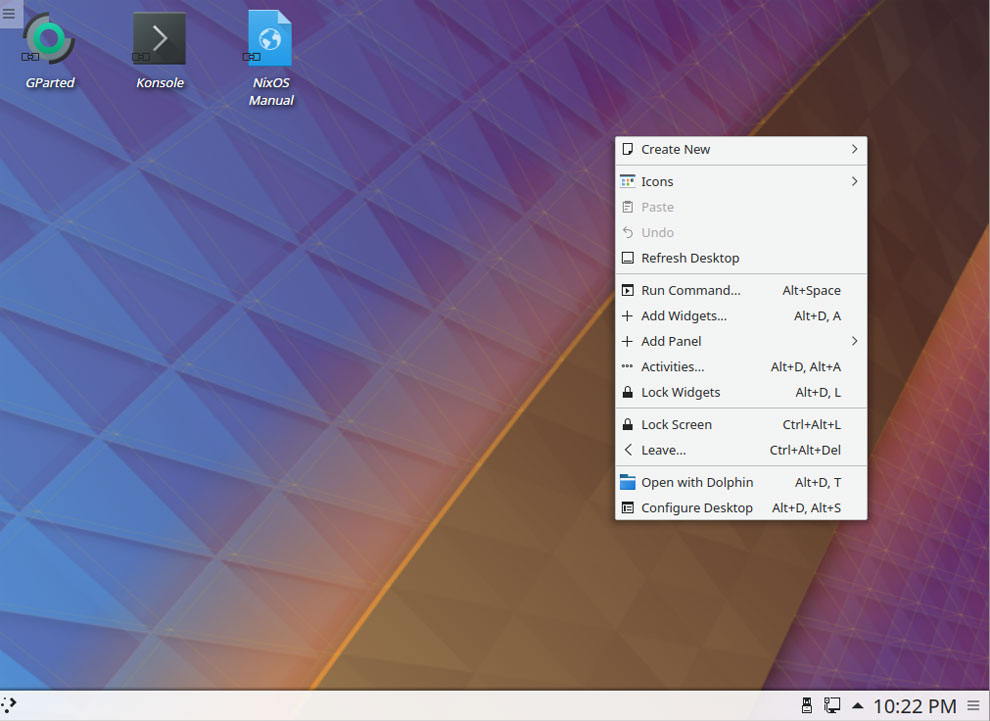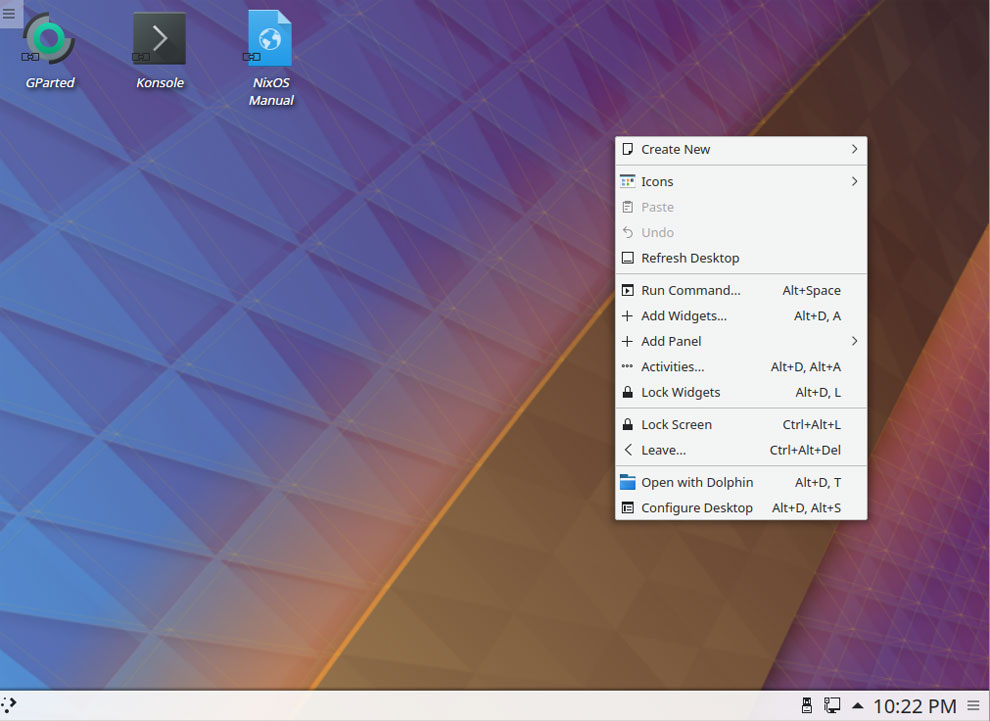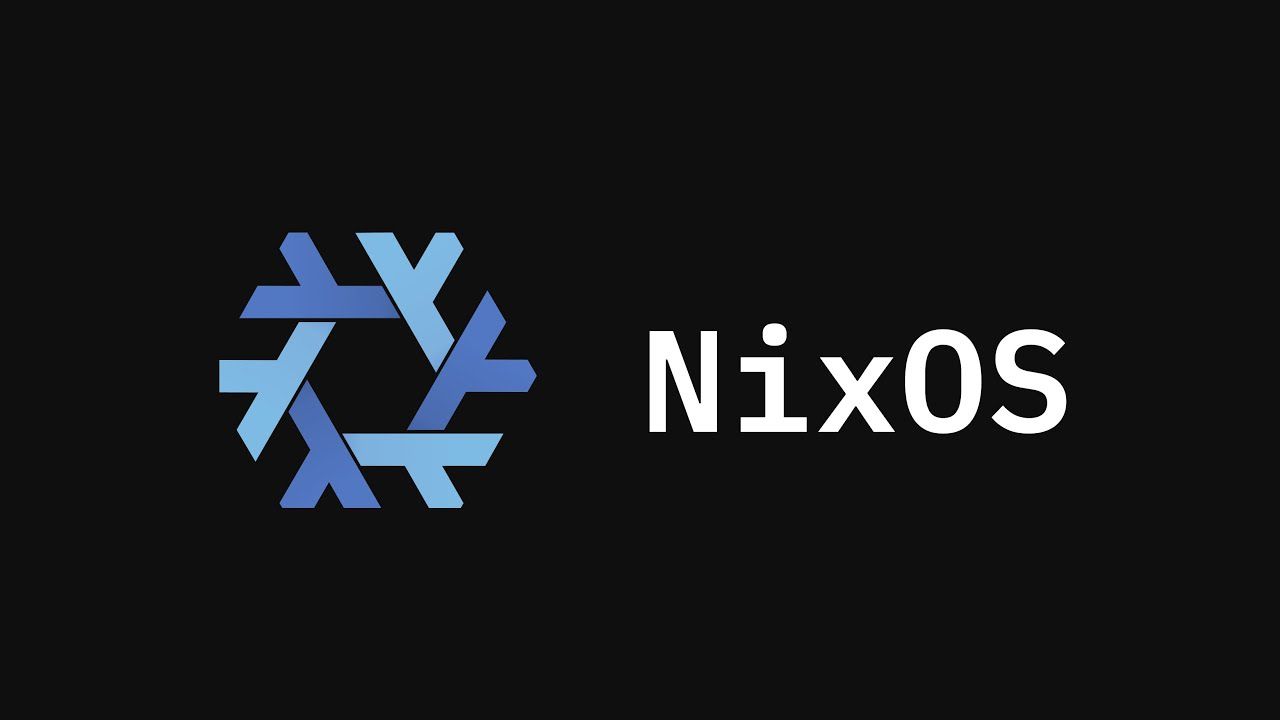
Why I’m Not Sold on Mozilla’s New Firefox Linux Package
As a tech enthusiast always on the lookout for the latest innovations, I recently came across Mozilla’s new Firefox Linux package tailored for Ubuntu and Debian derivatives. While the mainstream view may tout its benefits, I can’t help but take a different stance.
Lack of Customization
One of the main selling points of Firefox on Linux has been its adaptability to fit users’ needs. With various official formats available, including Snap and Flatpak, the new native package might seem like a step forward. However, I believe it limits customization options compared to the more versatile alternatives.
Questionable Origin
The claim that the new Firefox package is 100% built by Mozilla sounds impressive at first glance. Yet, the reliance on external help for previous .deb packages raises concerns about the true extent of Mozilla’s involvement. Can we really trust that it’s solely Mozilla’s work without any external influence?
Performance Overhyped?
Mozilla’s promise of better performance through advanced compiler-based optimizations is intriguing. But how much of a difference does it truly make in everyday browsing? I remain skeptical about whether the performance gains are substantial enough to warrant a switch.
Update Dependency
While faster updates are undoubtedly a plus, the direct connection to the Firefox release process raises questions about dependency. Relying solely on the APT repository for updates may lead to potential delays or issues in receiving critical security patches promptly.
In conclusion, while the new Firefox Linux package may seem like a promising addition, I urge readers to consider the potential drawbacks and limitations it brings. As a self-proclaimed ‘NixOS ninja’, I value flexibility and transparency in tech solutions, qualities that I find lacking in Mozilla’s latest offering.















